UNSUNG HEROES OF CHEMICAL ENGINEERING
UNSUNG HEROES OF CHEMICAL ENGINEERING
By: S H Shesha Krishna
“God is a Chemical Engineer”
-Prof. G. D. Yadav
Chemical Engineering has produced many pioneering figures whose names are synonymous with innovation and progress, such as George E. Davis and Carl Bosch. However, many equally significant contributors remain in the shadows despite their profound impact on industries, technologies, and everyday life. These unsung heroes of Chemical Engineering have made lasting contributions, shaping the modern world in ways often overlooked or underappreciated.
1. Margaret Hutchinson Rousseau (1910-2000)
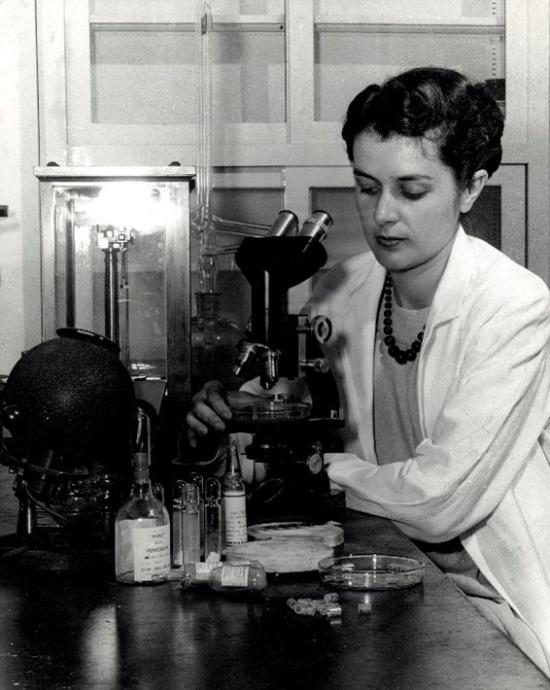
https://digital-exhibits.libraries.mit.edu/s/under-the-lens/item/3563
Margaret Hutchinson Rousseau is one of the field’s trailblazers, best known as the first woman to earn a PhD in Chemical Engineering from MIT in 1937. Her work during World War II on scaling up penicillin production remains one of the most pivotal contributions to medicine. Rousseau designed and developed the first commercial-scale plant for penicillin production, enabling mass production of the antibiotic at a time when it was desperately needed to treat bacterial infections. Her efforts played a crucial role in saving countless lives during and after the war. Despite her achievements, Rousseau's name is not widely known outside specialized scientific circles, even though her work marked a turning point in industrial biotechnology and pharmaceutical manufacturing.
2. John H. Perry (1895-1953)
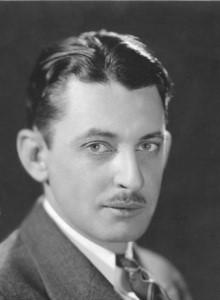
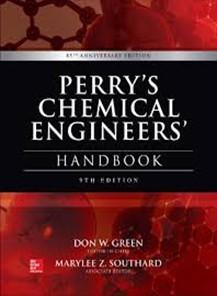

https://www.academia.edu/69388191/Perrys_Chemical_Engineers_Handbook_9th_edition
John H. Perry’s contribution to Chemical Engineering is felt every day by students, professors, and industry professionals alike through Perry's Chemical Engineers' Handbook. First published in 1934, this comprehensive reference work remains a fundamental tool for Chemical Engineers worldwide, providing detailed coverage of essential topics in many chemical engineering subjects such as Transport Processes, Separations and others. The handbook serves as a global reference for solving technical problems in both academic and industrial settings. Despite his enormous influence on the discipline, Perry’s name remains relatively obscure outside the niche of engineering academia, even though his work has become a cornerstone of chemical engineering education and practice.
3. Donald F. Othmer (1904-1995)
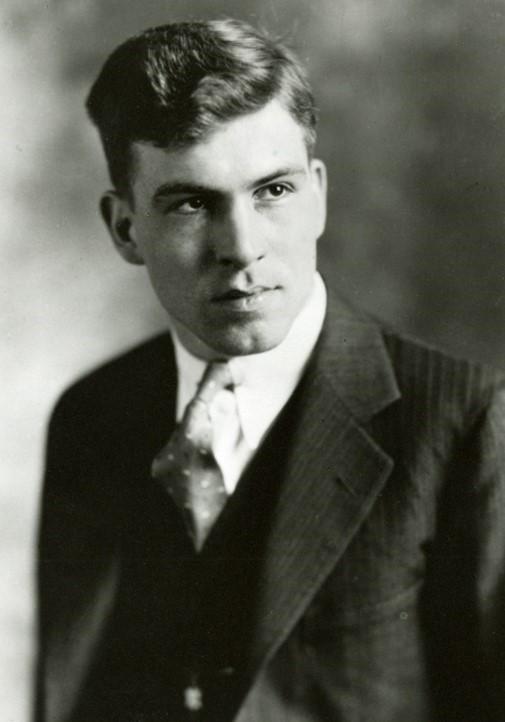
https://www.sciencehistory.org/education/scientific-biographies/donald-f-othmer/
Donald Othmer, co-editor of the Kirk-Othmer Encyclopedia of Chemical Technology, contributed significantly to bridging the gap between theoretical knowledge and industrial application. His work helped Chemical Engineers navigate the complexities of industrial processes, offering a broad range of topics in a single, comprehensive resource. Beyond his editorial work, Othmer was also an inventor, with over 150 patents to his name. His inventions and contributions in areas like distillation, heat transfer, and chemical processing had a lasting impact on various industries. Yet, like many in his field, his name is not as widely recognized as it should be, especially given the scale and depth of his contributions.
4. Linus Pauling (1901-1994)
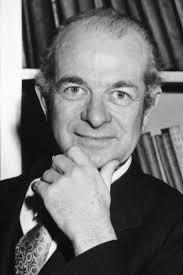

https://www.nobelprize.org/prizes/chemistry/1954/pauling/facts/
Though better known for his Nobel Prize-winning work in Chemistry (1954), Linus Pauling's contributions to Chemical Engineering are equally remarkable. His research into the nature of chemical bonds, particularly his introduction of electronegativity and the hybridization of atomic orbitals, revolutionized the way Chemical Engineers approach molecular interactions. These concepts are crucial for understanding catalysis, reaction mechanisms, and materials design, all of which are integral to chemical process engineering. Furthermore, Pauling's work on spiral structure of proteins was foundational to the biotechnology and pharmaceutical sectors, which are key areas within Chemical Engineering. While celebrated for his contributions to chemistry, Pauling's influence on applied chemical processes in engineering is often underappreciated.
5. Julia Higgins (1942-Present)
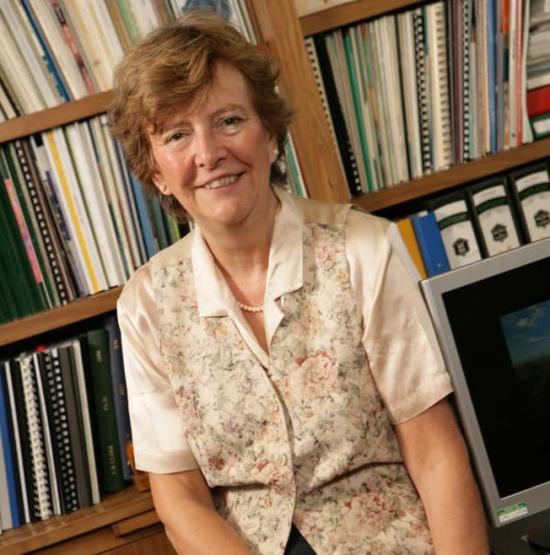
https://www.imperial.ac.uk/equality/resources/gender-equality/julia-higgins-medal-and-awards/
Julia Higgins, a polymer scientist, made vital contributions to Chemical Engineering through her pioneering work in polymer processing. She developed neutron scattering techniques to study the behavior of polymers at the molecular level, providing critical insights into how these materials function under different conditions. Her work has been instrumental in advancing the development of new materials used in everything from plastics to pharmaceuticals. Despite the profound industrial and practical impact of her research, Higgins is rarely credited as a major figure in Chemical Engineering, even though her contributions significantly influenced the field of materials science.
6. Frances Arnold (1956-Present)
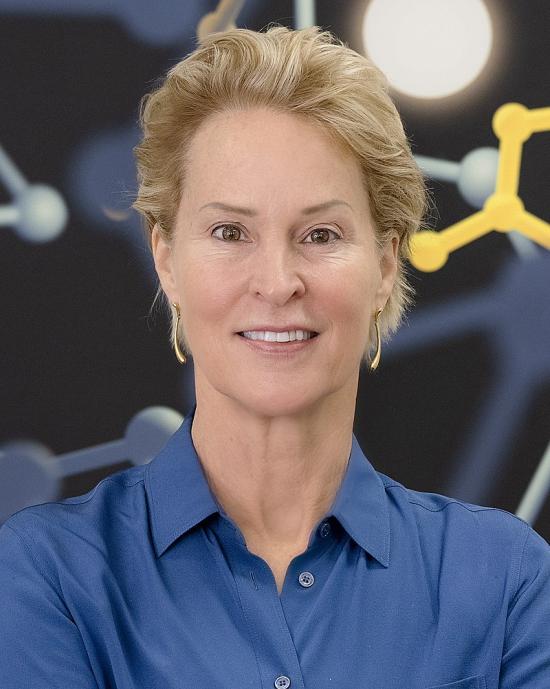
https://en.wikipedia.org/wiki/Frances_Arnold
Frances Arnold, awarded the Nobel Prize in Chemistry in 2018 for her pioneering work in directed enzyme evolution, has had a transformative impact on Chemical Engineering as well. By developing methods to evolve enzymes in the laboratory, Arnold provided sustainable, efficient alternatives to traditional chemical processes in industries like biofuels, pharmaceuticals, and agriculture. Her work on enzyme catalysis has opened up new pathways for green chemistry, reducing reliance on harsh chemicals and energy-intensive processes. While celebrated within the broader scientific community, Arnold’s contributions to industrial chemical engineering deserve wider recognition, especially given their potential to revolutionize large-scale chemical production.
7. Trevor Kletz (1922-2013)
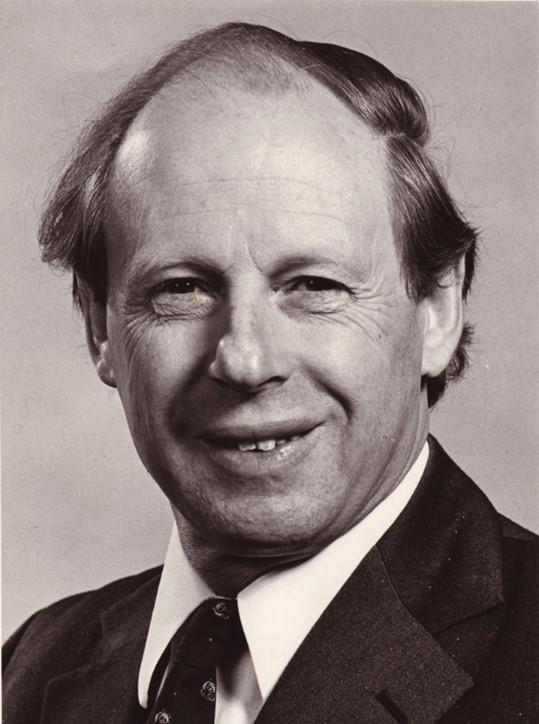
https://www.thechemicalengineer.com/features/cewctw-trevor-kletz-a-lifetime-spent-saving-lives/
Trevor Kletz, often called the “Father of Process Safety,” introduced concepts that have fundamentally shaped how chemical plants operate today. His advocacy for inherent safety design — the practice of eliminating hazards at their source rather than managing them — has saved countless lives and prevented numerous industrial disasters. Kletz’s work transformed safety protocols, moving industries toward a more proactive approach to risk management. Despite his enormous contributions to the safety of chemical processes, Kletz’s name is seldom mentioned in the same breath as other industry titans, even though his legacy is felt in nearly every chemical plant operating today.
Conclusion:
While the contributions of these unsung heroes may not always be widely recognized, their work has laid the foundations for countless innovations in Chemical Engineering. Their breakthroughs in safety, materials science, biotechnology, and process design continue to shape industries, improve lives, and drive progress. By honouring their contributions, we not only celebrate their individual achievements but also acknowledge the collaborative and often understated nature of advancements in Chemical Engineering. These heroes, though overlooked, have made an indelible mark on the world.
References:
- https://www.aiche.org/chenected/2024/03/chemical-engineering-pioneer-and-some-her-descendants
- https://engineeringwondersblog.wordpress.com/2017/11/04/famous-chemical-engineers-who-changed-the-world/
- https://www.sciencehistory.org/education/scientific-biographies/donald-f-othmer/
- https://www.britannica.com/biography/Linus-Pauling
- https://royalsociety.org/people/julia-higgins-11614/
- https://www.nobelprize.org/womenwhochangedscience/stories/frances-arnold
- https://reynoldstraining.com/rts/remembering-chemical-process-safety-guru-dr-trevor-kletz


